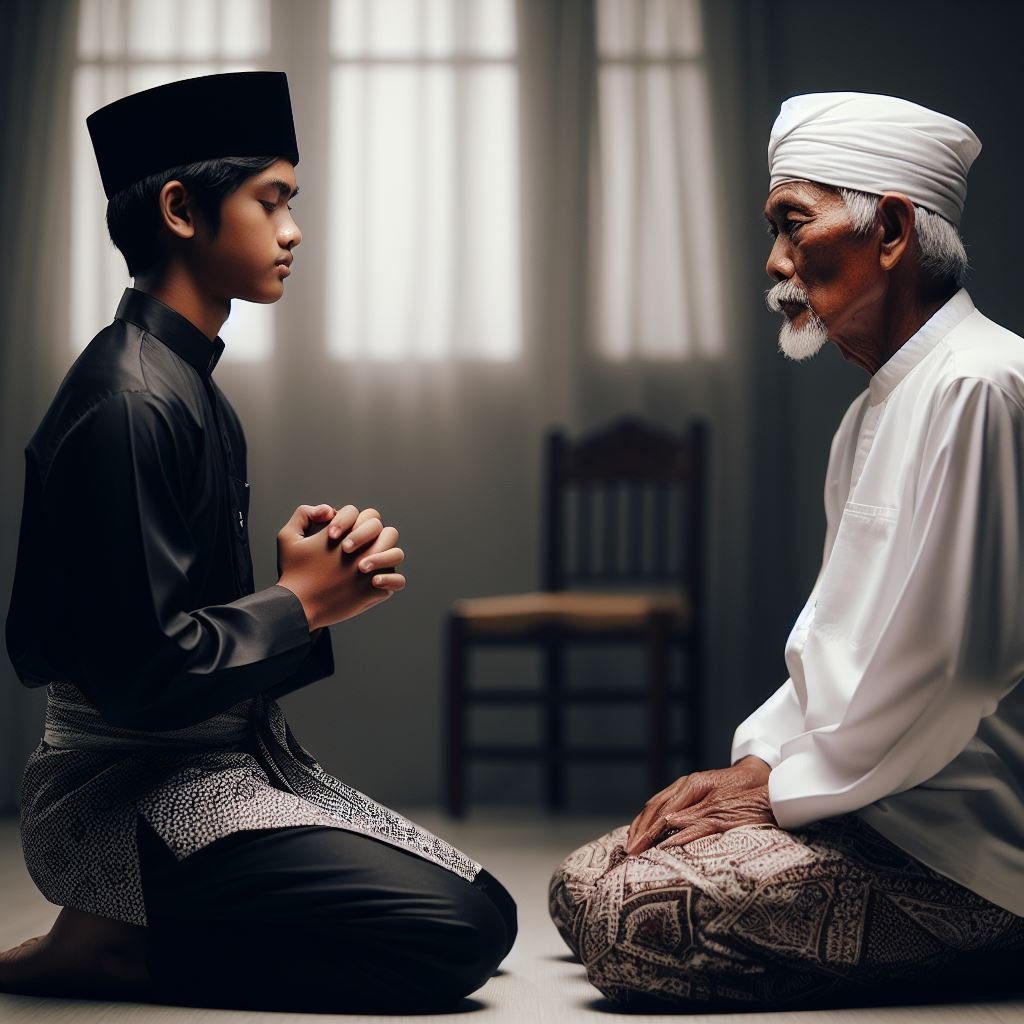
Before someone enters the world of martial arts, there is one thing that is often forgotten but is very important: etiquette. Adab, or ethics, are the principles that govern a person’s behavior and actions in social interactions. In the context of martial arts, adab is a very important foundation before someone begins their journey in mastering martial arts.
Respecting Teachers
One of the main aspects of etiquette in martial arts is respecting the teacher. A teacher is a person who has invaluable knowledge and experience in martial arts. Before starting training, a student must understand the importance of respecting their teacher. It’s not just about polite actions like giving greetings or saying thank you, but also about having a humble attitude and being diligent in learning.
Safety and Ethics
Self-defense often involves movements and techniques that can harm both yourself and others if not done correctly. Therefore, it is important for every martial arts practitioner to understand and respect safety principles. This includes keeping oneself and the practice area clean, and respecting boundaries in practice. Without proper etiquette towards safety, martial arts training can become dangerous and detrimental.
Respect Fellow Students
In a martial arts environment, relationships between fellow students are also very important. Everyone who practices martial arts must respect and support each other on their journey. This includes refraining from harmful or unpleasant behavior, as well as providing moral support when needed. Martial arts are not about competing with each other, but about growing together as a community.
Patience and Perseverance
Adab also involves patience and perseverance in the learning process. Mastering a martial art is not a quick or easy journey. It takes time, dedication, and determination to reach a high level of expertise. In this process, patience is key. Every failure should be considered an opportunity to learn, and every progress should be celebrated with humility.
Taking Manners Out of the Practice Place
Last, but not least, is bringing the manners learned in the martial arts environment into everyday life. Martial arts ethics such as respect for others, patience and perseverance are values that can be applied outside of college. By practicing these adabs in and out of the martial arts environment, one becomes not only a better martial arts practitioner, but also a better individual overall.
In order to pursue excellence in martial arts, it is important to not only focus on technique and physical skills, but also on developing proper etiquette. By understanding and applying adab before studying martial arts, a person can build a strong foundation for their journey in mastering martial arts, as well as enrich their lives outside the training ground.
Written by: Abah Gending Raspuzi, The Founder of Garis Paksi Indonesia